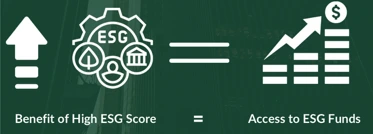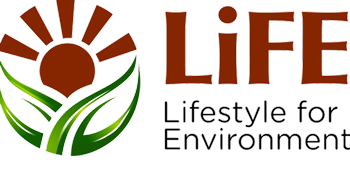A Business Responsibility and Sustainability Reporting (BRSR) report is a report that eligible companies are required to file with the SEBI to present information on their Environmental, Social and Governance (ESG) activities.
FNF Companies are getting a strong boost to improve their BRSR Reports.

At FNF Surplus, we understand the importance of the Business Responsibility and Sustainability Report (BRSR) in driving sustainable growth. As your partner, we facilitate a recycling ecosystem for the fragrance and flavour industry, helping you streamline operations and focus on environmental compliance. Experience the benefits of strong BRSR with FNF Surplus.
The Business Responsibility and Sustainability Report (BRSR) has emerged as a crucial tool for companies to demonstrate their commitment to sustainable and responsible business practices. This comprehensive reporting framework, introduced by the Securities and Exchange Board of India (SEBI), aims to provide stakeholders with a holistic understanding of an organisation’s environmental, social, and governance (ESG) performance.
The Business Responsibility and Sustainability Report (BRSR) encompasses several important aspects, typically categorised as follows:
We at FNF Surplus are more focused on the environmental aspect of BRSR.
We provide a tailored solution to companies in the fragrance & flavour industry by facilitating a recycling ecosystem for them.
By partnering with us, companies can cater to their operations in a seamless manner and focus more on what’s important for them.
1. When a company wants to dispose of any products that are expired.
2. When a company is willing to evaluate the usage of recycled products in the production process.
We at FNF Surplus would be glad to talk to your ESG committee on how we can work together to improve your BRSR compliance.

At FNF Surplus, we connect sustainability and compliance in the Fragrance and Flavor Industry. We empower micro and cottage enterprises while driving positive environmental and social impact.
424 Milan Industrial Estate, Off T J Road, Cotton Green(w), Mumbai, Maharashtra, India 400033.

© 2025 Fnf Surplus. All Rights Reserved. Designed & Developed by echoVME.